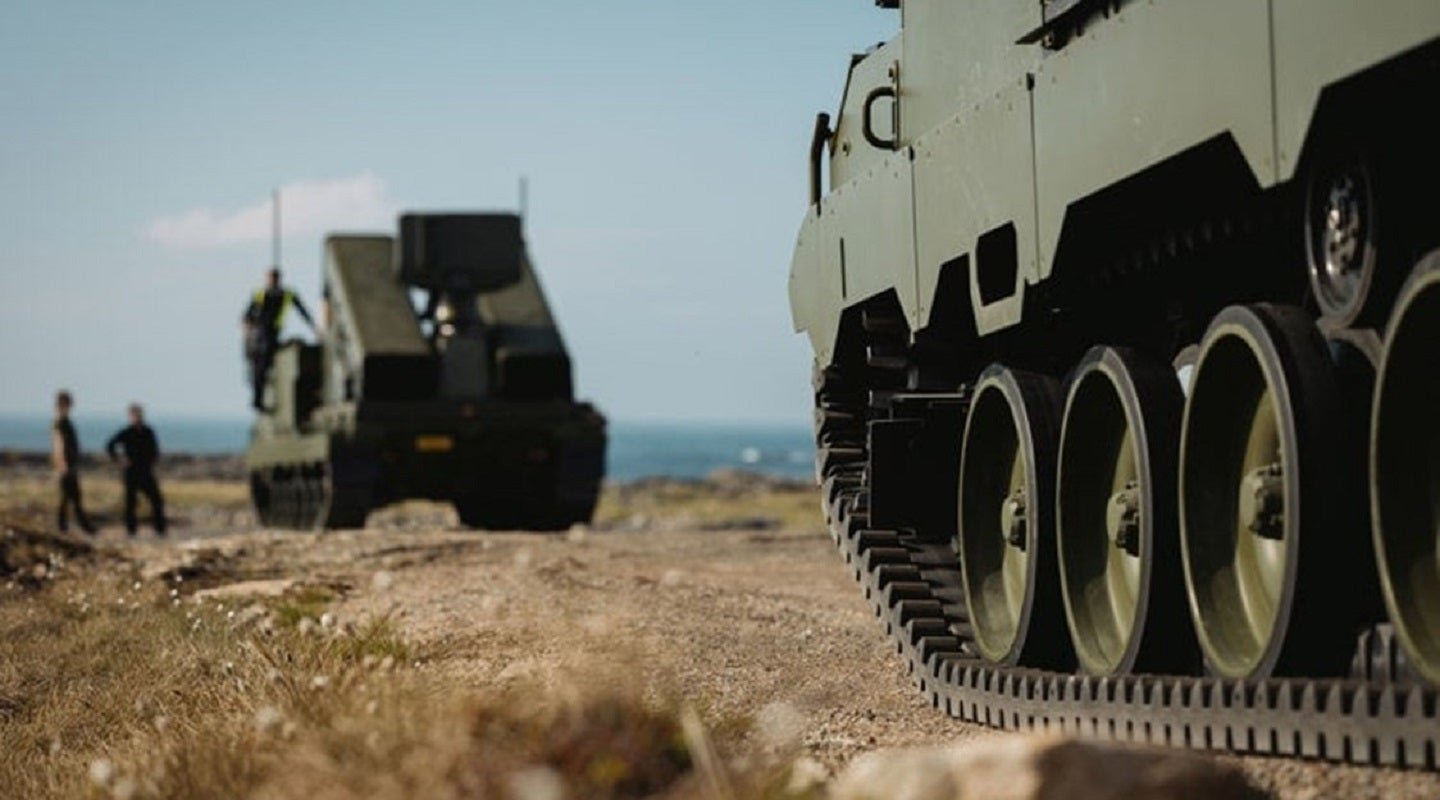An Ipsos poll of 1,090 UK adults conducted between 3 and 5 May 2024, has shown a divide in views on Prime Minister Rishi Sunak’s pledge to increase defence spending to 2.5% of GDP.
A plurality of 2019 Labour voters oppose the increase, while a clear majority of 2019 Conservatives show support for a £87bn increase to the defence budget by 2030.
This balance of opinions has important implications for Labour, who will be seeking to win back voters that sided with the Conservative Party at the last election.

On 23 April, Sunak announced a UK defence spending target of 2.5% of GDP by 2030, aiming towards £87bn, a move that followed a 12 April pledge from the Labour Party Leader Sir Keir Starmer to increase defence spending from 2.0% to 2.3% of GDP, in the event of a Labour victory in a forthcoming general election.
Labour has enjoyed an impressively large and sustained lead in the opinion polls, largely driven by dissatisfaction with the Conservative Party performance. The defence industrial base will be alert to new policy intentions from the Labour Party for the defence sector, in anticipation of a Labour victory.
Voters that supported the Labour Party at the 2019 General Election are divided on Sunak’s plans to increase defence spending, with many more opposing the rise in defence spending (34%) than supporting it (28%). Conservative voters from 2019 show a clearer picture, with many more of their voters supporting the policy (65%) than opposing the increase (11%).
Among all voting age Britons the support (42%) for the spending increase is almost twice as strong as the opposition (22%).
Both parties are on a campaign footing in anticipation of a General Election that must be called, at the latest, by January 2025, but the Labour leadership will face clearer trade-off in electoral support over the defence spending increase. Embracing a defence spending increase is a surer path through electoral calculations, but is out of alignment with the views of past Labour supporters.
When contacted about the Ipsos research, the Labour Party said it would not comment on polling.
Public opinion reflects government performance on defence spending
The research from Ipsos will still be unsettling for Conservatives making an effort to revamp their image as the party that is strong on defence, as a clear majority of Britons polled do not trust that Conservatives have the right policies on defence (61%), while less than half as many do trust them to have the right policies (30%).
By comparison, Labour’s standing with the public on defence is positive, with a fairly even split between those that do not trust the party on defence (48%), and those that do (41%).
When considering the substance of the proposal for additional funding to Defence budgets – an additional £20bn spent by 2030 funded via cutting 72,000 civil service jobs – those respondents who were given more context about how the extra spending would be funded gave slightly less support for the plan.
The UK Government’s pledge will see defence spending “steadily increase” to 2.5% of GDP by the end of the decade, reaching £87bn by 2030. Through this metric, defence would receive an additional £75bn over six years or £12.5bn per year, maintaining the UK’s lead as the largest European defence spender.
Of the participants, 57% were not confident that the extra spending could be found without additional taxation, and 52% were not confident that the government would get good value for money from an increase in defence spending, indicating that public confidence in the plans may quickly run aground if difficulties arise during their implementation.
Based on the government’s recent record, such perspectives have some validity. At the end of 2023, the UK National Audit Office (NAO) released its analysis of the Ministry of Defence’s (MoD) Equipment Plan for 2023-2033, finding it had exceeded the budget by £16.9bn, with costs estimated at £305.5bn as of March 2023, compared to a budget of £288.6bn. This marks a deterioration from the previous year’s Plan (2022-2032), where forecast costs were just £2.6bn under the budget.
The NAO’s November 2023 report stated that the MoD’s 2023-2033 Plan is unaffordable, citing that forecast costs have increased by £65.7bn (27%) compared to the previous plan, surpassing a budget increase of £46.3bn (19%).
Additional reporting by Richard Thomas.











